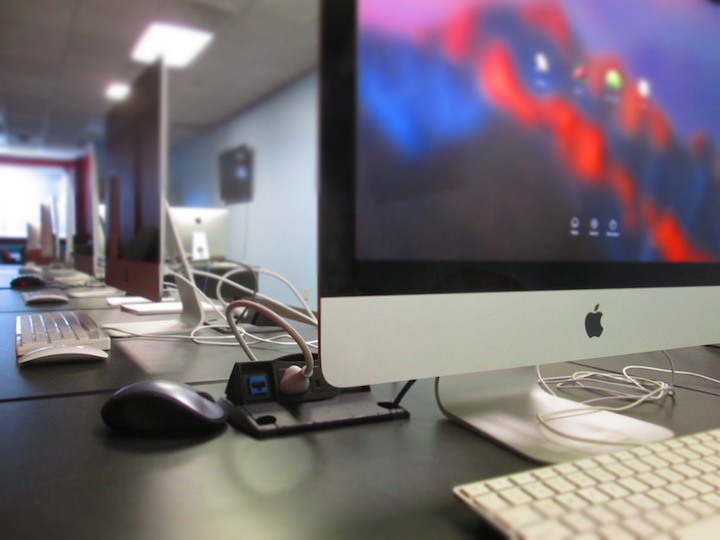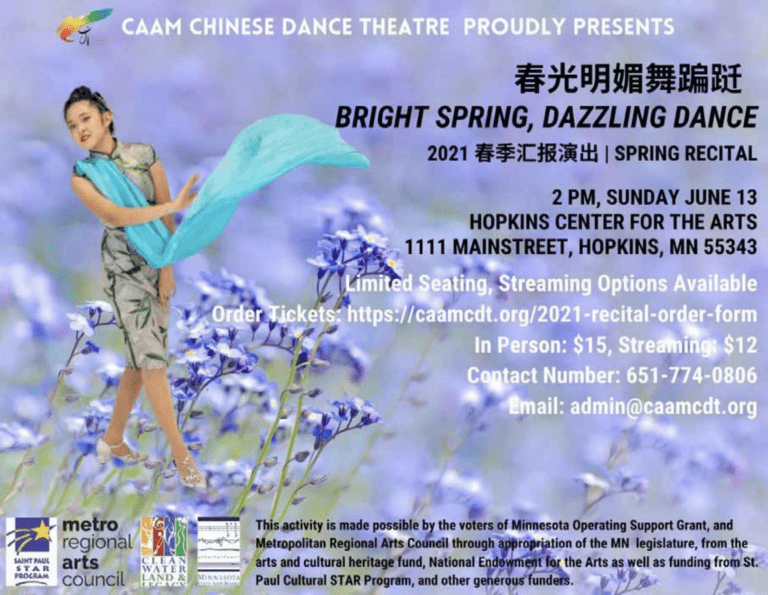May is both Mental Awareness month and Asian American and Pacific Islander (AAPI) month. To help prepare to recognize and support the community, Asian Media Access invited John Yang to train youth on Mental wellness through mental fitness, balance, meditation, mindfulness, and empowerment.
Every single person has mental health. It is a factor in our emotional, psychological, and social well-being. It is important to understand how to constructively manage our mental health as it determines how we make choices in our life. Depending on our life stages and situations, these impacts on our mental health can affect how we think, feel, and act. This includes our daily behaviors, such as sleeping, eating, thinking, working, and interacting with people. To help combat the inevitable challenges, John Yang recommends supporting mental health through practicing mental fitness, balance, meditation, mindfulness, and empowerment.
- Mental fitness is just as necessary as physical fitness. A body with great physical strength is not as optimal without a sound mind. You may not be able to perform successfully on physical strength alone. As much as we focus on our physical strength, we need to focus on our mental strength and toughness too. Throughout life, we will have our ups and downs, and we need to have that mental ability to withstand adversity and bounce back from the difficulties. The more that we train our minds, the stronger it becomes. A more excellent mental fitness can help us respond versus react to make better decisions, especially when under pressure or highly stressful situations. Training your mental health will allow you to build your focus, memory, and resiliency.
- Balance is present in all aspects of our environment to bring harmony. Using the concept of yin-yang, these are the negative and positive symbols. In order to bring harmony, everything in life is about balance. There is a reason why there is a sun and a moon. Where there is negative, there is positive. When we are out of balance, we find ourselves in a more negative or positive space, bringing in that energy, emotion, and thoughts within that space (i.e., negative space with negative emotions). When we are out of balance, we can find ourselves feeling potentially overwhelmed, burnt out, overeating, and unable to rest. Especially for our youth, feeling the pressure of school and studying for hours to get good grades, they can find themselves spiraling into a negative state.
When you feel that you need to bring yourself back to harmony and balance, reflect on your activities and alleviate the number of tasks you have in a day. There is really no such thing as time management. Regardless of age, gender, race, or ethnicity, we all have 24 hours in a day. We cannot manage the amount of time there is in a day, but we can manage the amount of activities we take on. It is essential to acknowledge that life is a journey, not a destination. The purpose of life is to live, and we have the choice of how to control aspects of our lives. - Meditation is a set of techniques that help
encourage hyper awareness and attention. There are no wrong or right Meditation techniques. When attempting to meditate and you find yourself daydreaming, bring yourself back to the present moment by concentrating on your breathing or the music. Youth shared that sometimes it can be discouraging when they become distracted and lose focus. Yang reminded them that meditation is about consistency. The first few times, you are not going to get it. For Yang, it took about two months to feel proficient. There are going to be moments where it feels like we do not have time to meditate, but it is important to remember that this is for the goodness of your health. Committing to 30-60 minutes of meditation out of a 24-hour day is manageable.
- Mindfulness means to be present and aware of the moment in what we are doing without distractions. True mindfulness is focusing and letting our judgments roll by. If we let our minds wander, mindfulness allows us to return again and again to that present moment. The more we practice mindfulness practice, the more it is readily available to use to help us focus. For some youth, they feel like their minds are always wandering when they need it most. Whether it’s sitting in class thinking about their laundry or in a conversation with friends thinking about another topic. Mindfulness allows us to respect these thoughts, but brings us back to the present moment.
- Empowerment allows us to feel that we are able to control our destiny. This includes confidence in bringing ourselves back to balance, making positive decisions, and building our strength in our abilities. When you are self-empowered, you can complete tasks with more meaning. Whereas if you find yourself with less empowerment, you may experience more anxiety and depression with trying to complete certain activities. There are multiple ways to increase your empowerment, including practicing self-care, setting reasonable goals, saying positive affirmations, and surrounding yourself with positive people.
Each of these components makes up a tier of techniques to reach our greatest mental wellness and become the best version of ourselves. Mental health is connected to how we react and function on a daily basis, and the better we take care of our mental health, this motivates us to be more positive, driven, resilient, and focused. With that, we can always continue to learn about Mental Health, especially since the tips are useful throughout any stage of our life. As the youth transition into another stage of their life, including adulthood, their mental health will continue to be challenged by facing different pressures and experiences of emotions. When we face these certain pressures throughout our lives, we need to rely on our mental health to cope, persevere, and overcome challenges. After the training with Yang, the youth felt more motivated to take time each day to focus on their mental health. It takes time to learn what works best for you and additional time to develop those methods.







